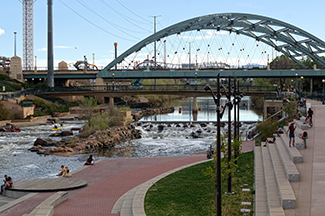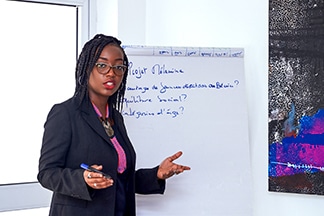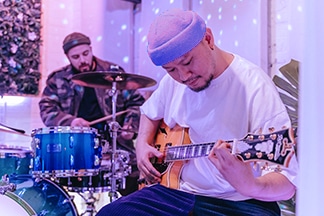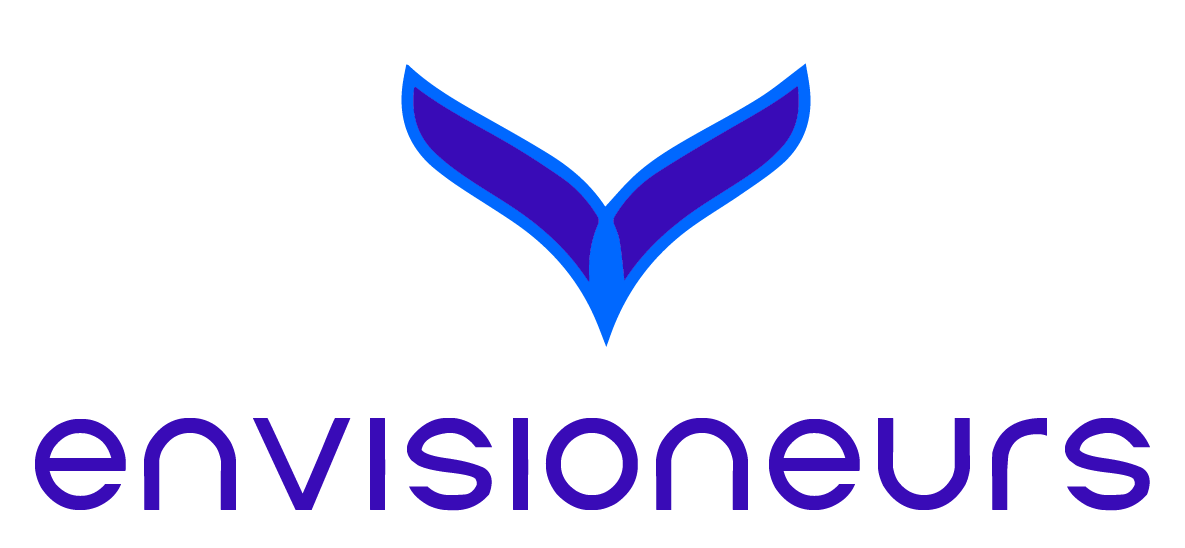About Us
Welcome to Envisioneurs! We are an intimate team of strategy and design advisors. We envision and pursue opportunities for better services, higher income, and deeper mission impact for our clients’ teams and customers.
Through thoughtful questions, creative exercises, and analytical tools, we envision new business models and turn ideas into solutions. Our methods apply strategic, systems, and design thinking. We also draw upon our deep and multinational experience as executives and directors.
If you are a leader who wants to build skills or solve challenges and shape initiatives alongside a trusted advisor, contact us.
We Are Active in These Fields
We customize our approach to match the needs of each client. In the process, we teach and apply effective practices from diverse countries, enterprises, and cultures. Below are examples of fields we serve.

PROFESSIONAL AND ACADEMIC EDUCATION

HEALTH CARE, SCIENCE, AND NUTRITION

CITY AND TOWN QUALITY OF LIFE INITIATIVES

DIGITAL AND ACCESSIBLE TECHNOLOGY

STRATEGIC PHILANTHROPY

CORPORATE SOCIAL RESPONSIBILITY

VISUAL AND MUSICAL ARTS

